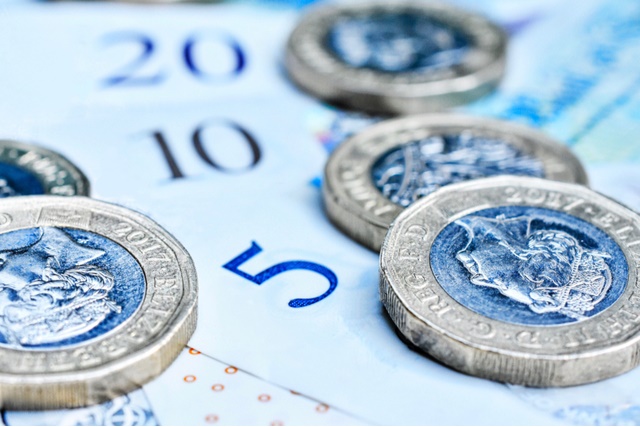GBP/EUR Exchange Rate Subdued on Brexit Uncertainty
The Pound to Euro (GBP/EUR) exchange rate is back on the defensive this morning as ongoing Brexit uncertainty curbs the pairing’s initial recovery.
At the time of writing, the GBP/EUR exchange rate is trading at around €1.0960, slightly down from this morning’s opening rate.
Pound (GBP) Slumps as Road to Brexit Deal Remains Difficult
The Pound (GBP) initially rocketed higher against the Euro (EUR) and the majority of its other peers this week, with the GBP/EUR exchange rate rallying back over €1.10 as the news that the UK and EU would extend Brexit talks saw market rejoice.
However, GBP investors appear to have been sobered by the lack of positive headlines emerging from the ongoing talks, with the UK government even denying initial reports that some progress was being made.
While the fact that talks are even continuing is GBP positive, the longer we go without any definitive news, the more pressure we are likely see put on the Pound as we rapid approach the 31 December deadline.
Further limiting the appeal of Sterling this morning is also the publication of the UK’s latest jobs report.
According to data published by the Office for National Statistics (ONS) the UK’s jobless rate rose from 4.8% to 4.9% in October, the highest rate of unemployment since August 2016.
While this was below the 5.1% forecast by economists, the news that the UK labour force had shrunk by 819,000 since the start of the coronavirus pandemic unnerved some traders.
Euro (EUR) Tempered by European Lockdowns
At the same time, the Euro (EUR) is struggling to make any convincing gains this morning as new European lockdowns offsets recent vaccine optimism.
EUR investors are particularly concerned by Germany’s decision to implement another ‘hard’ lockdown over the holiday period.
Chancellor Angela Merkel announced on Sunday that Germany would go back in lockdown from Wednesday, with all non-essential shops and schools to be closed until 10 January.
Unsurprisingly EUR investors are concerned that this risks Europe’s largest economy slipping into a double dip recession this winter.
Jörg Krämer, chief economist at Commerzbank, said:
‘Germany must brace itself for a second recession. The additional closures affect, among other things, all stores except those for daily needs… hairdressers and largely schools and day care centres for children.’
Krämer forecasts the hard lockdown could knock 4% off of Germany’s daily growth rate.


Comments are closed.